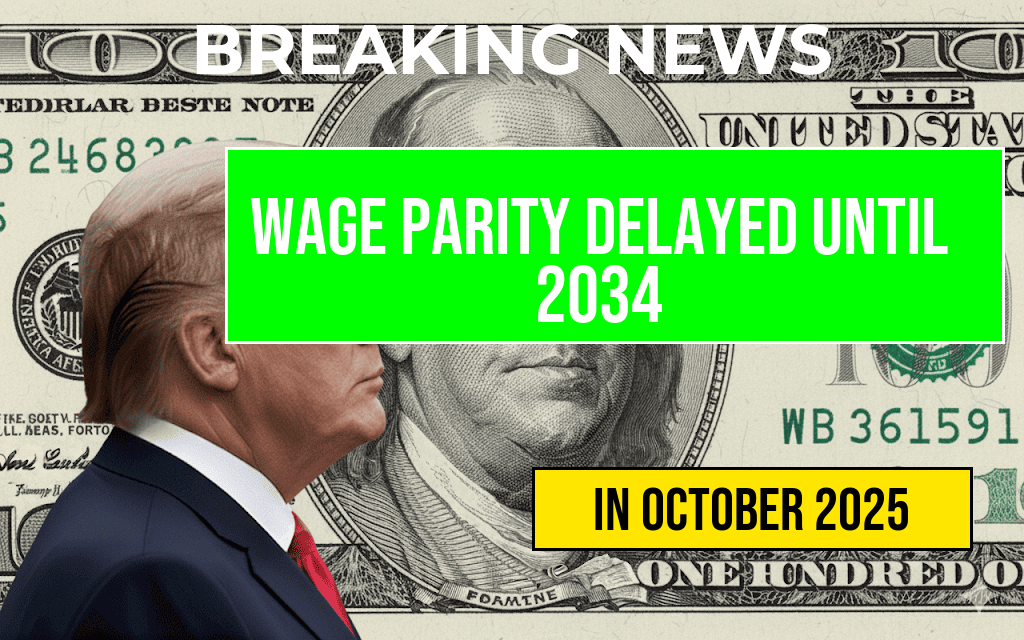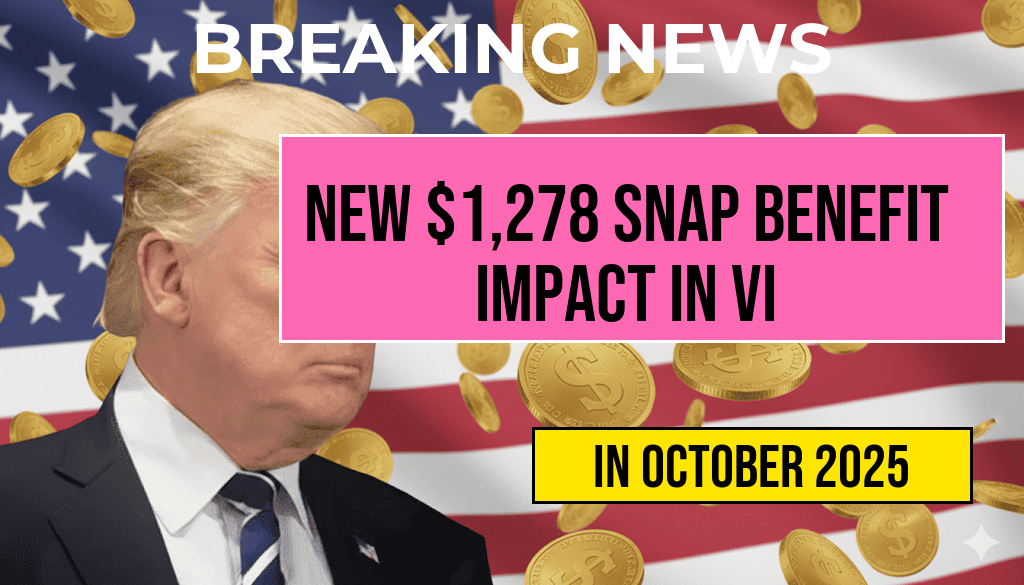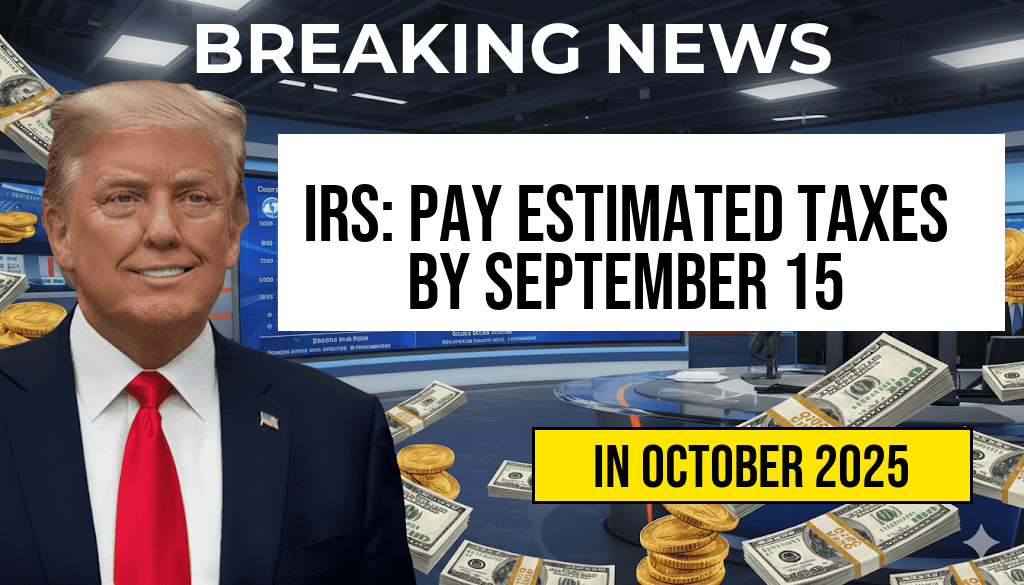The long-debated issue of tipped wage parity in the United States has faced another setback, with the Biden administration announcing that full implementation will now be delayed until 2034. This decision means that the minimum wage for tipped workers will remain at $10 per hour for the foreseeable future, raising concerns among labor advocates and service industry employees. The delay has sparked discussions on the implications for workers’ paychecks, especially in an economy still recovering from the effects of the COVID-19 pandemic. As inflation continues to impact living costs, many argue that the current wage structure places undue financial strain on those who rely on tips to supplement their income.
Understanding Tipped Wage Parity
Tipped wage parity refers to the principle of ensuring that tipped workers receive a wage that is in line with the minimum wage standards set for non-tipped employees. Currently, many states allow employers to pay tipped workers a lower base wage, with the expectation that tips will cover the difference. This system, while beneficial for some, has created a significant income disparity among service workers.
Current Wage Structure
| State | Minimum Wage | Tipped Wage |
|---|---|---|
| California | $15.50 | $15.50 |
| New York | $15.00 | $10.00 |
| Texas | $7.25 | $2.13 |
Economic Implications of the Delay
The delay until 2034 for tipping wage parity raises numerous economic concerns. As inflation rates continue to rise, service industry workers, who are predominantly women and people of color, face growing challenges in making ends meet. The $10 minimum wage for tipped workers, while better than previous standards, has not kept pace with the cost of living in many urban areas.
- Increased Financial Strain: Many workers depend on tips to supplement their income, and the current wage may not be sufficient to cover essential expenses such as housing and healthcare.
- Job Market Dynamics: The hospitality industry may struggle to attract and retain employees if wages remain stagnant, potentially leading to staffing shortages.
- Consumer Impact: Higher wages for workers could lead to increased prices for consumers as businesses adjust to accommodate higher payroll costs.
Advocacy and Public Response
Labor organizations and advocacy groups have expressed disappointment over the delay. They argue that the current wage structure perpetuates systemic inequality and fails to provide a living wage for millions of workers. Organizations like the National Employment Law Project have been vocal in their support for immediate changes to the tipped wage system, emphasizing the need for fair compensation.
Worker Stories
Many workers have shared their experiences with the current tipping system. For example, a server from a popular restaurant in New York City mentioned, “I often work shifts where I barely make enough to cover my rent, let alone other bills. The reliance on tips makes my income unpredictable.” Such testimonials highlight the urgent need for reform in the tipped wage structure.
Future Considerations
As the conversation around tipped wage parity continues, stakeholders from various sectors will need to engage in meaningful dialogue. Policymakers must balance the needs of workers with the realities of business operations. Potential solutions may include increasing the tipped minimum wage gradually or implementing comprehensive reforms to support service workers without imposing excessive burdens on employers.
With the delay until 2034, advocates will continue to push for reforms that ensure fair compensation for all workers. As the economy evolves, the challenges faced by service industry employees will remain a critical issue at the forefront of labor discussions in the coming years.
For further reading on the implications of wage policies, visit Forbes and Wikipedia.
Frequently Asked Questions
What is tipped wage parity and why is it important?
Tipped wage parity refers to the alignment of tipped employees’ wages with the standard minimum wage. It is important because it ensures that workers in the service industry receive fair compensation, regardless of tips, promoting a more equitable workplace.
Why has the implementation of tipped wage parity been delayed until 2034?
The delay until 2034 is due to various factors including lobbying from the restaurant industry and concerns about potential job losses. This postponement allows businesses more time to adjust to the increased labor costs associated with minimum wage increases.
What are the implications of the $10 minimum wage on paychecks?
The $10 minimum wage impacts paychecks by increasing the base pay for workers, which can lead to higher overall earnings for employees who rely on tips. However, it may also lead employers to adjust their staffing or business models to manage increased labor costs.
How will the delay affect tipped workers in the meantime?
The delay may leave tipped workers without the necessary wage protections until 2034, potentially resulting in continued earnings instability and reliance on tips, which can vary greatly and may not provide a living wage.
What can be done to advocate for tipped wage parity before 2034?
Advocacy for tipped wage parity can include supporting legislation that aims to raise the minimum wage, participating in campaigns to raise awareness about the importance of fair wages, and encouraging customers to tip generously, which can help improve the earnings of tipped workers in the interim.







